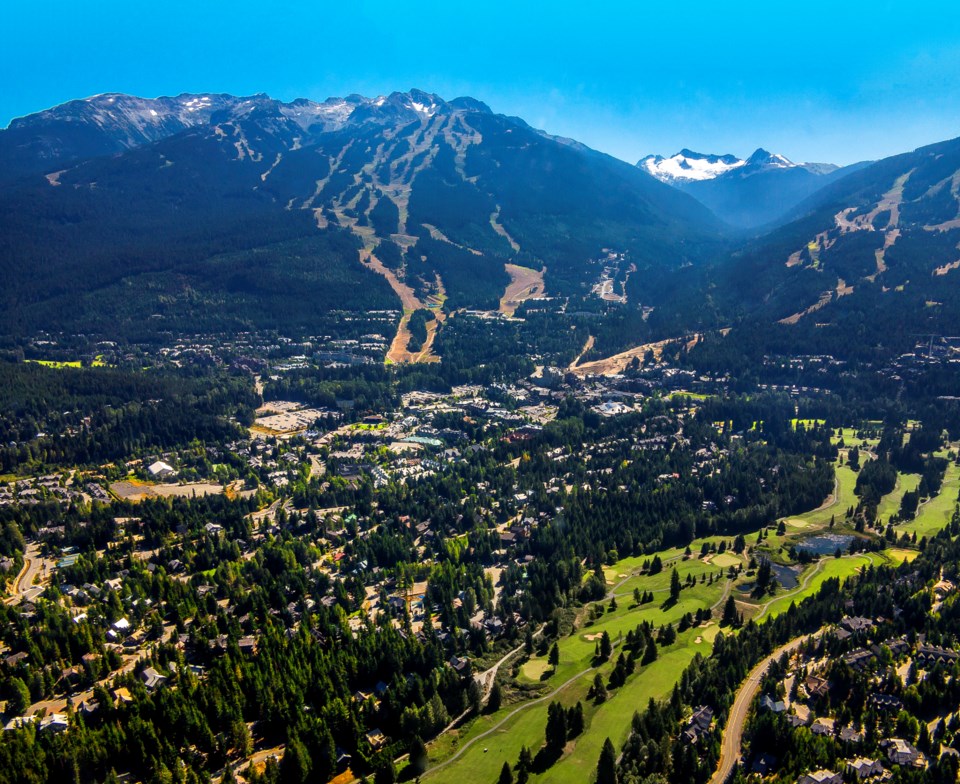I read with interest the article regarding increased fines for those who flaunt the short-term rental bylaws, from $1,000/day to $3,000/day (Pique, May 24, “Whistler looks to flex new powers…”).
The Resort Municipality of Whistler (RMOW) is quick to jump to the corporate hospitality industry’s defence when it comes to protecting its profits. All the while some locals are having difficulties keeping up with the ever-increasing property-tax burden… many are leaving Whistler for good.
But where is the RMOW when it comes to protecting the homeowner (and indirectly renters) from the ever-increasing tax burden? I understand completely why short-term rentals (such as Airbnb) are counter-productive to a healthy long-term rental market, and agree we need to curtail that activity. But why not permit short-term rentals as the City of Vancouver has… if you live in your home, permit that homeowner to rent out a room occasionally to help “make ends meet.”
Why hasn’t Whistler pursued the provincial “Empty Home Tax” as many other B.C. municipalities have embraced?
On our short street here in Alpine Meadows, of 14 properties: Four are full-time residents, five are rental homes and five are empty the majority of the year (maybe one to two months’ occupancy). What do these “empty” properties contribute to the Whistler economy? Property taxes? All homeowners pay property tax, but those who live here (full-timers and renters) also buy groceries, eat at restaurants, shop at the stores all year long, keeping the economy buoyant during the shoulder season when the tourist traffic is low.
In the least it would be nice if these mega-homes had rental suites providing decent accommodations for the very people who provide the services to the locals and tourists. But the newly built homes in the past two to three years have very few rental suites, if any.
Imagine a future where “full-time locals” have been aged-out, priced-out and taxed-out of an existence in Whistler. Who is left to support the expensive restaurants, grocery and retail stores in the shoulder season? The minimum-wage hospitality workers? Whistler will become an “off-season” ghost town like Vail, Colo. (been there, saw it).
The “Empty Home Tax” in other jurisdictions is raising funds to build affordable rental housing in their areas… much-needed rental housing.
Ironically, Whistler is desperate for more rental housing… too bad our municipal officials don’t use all the tools available to them.




